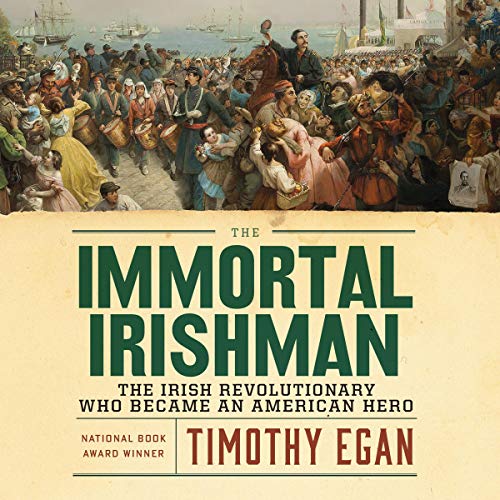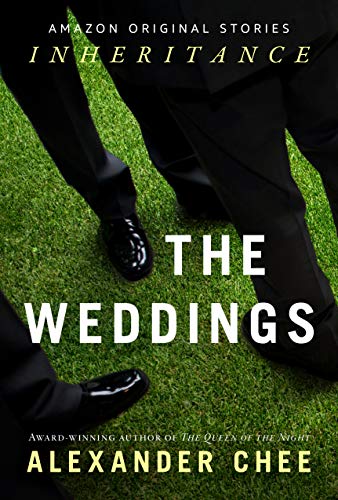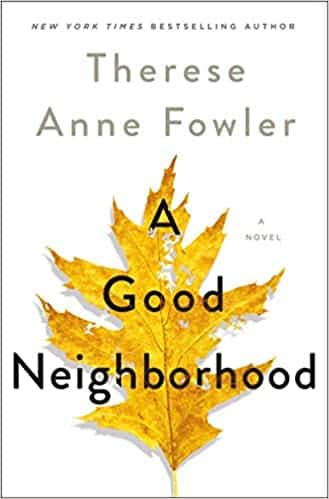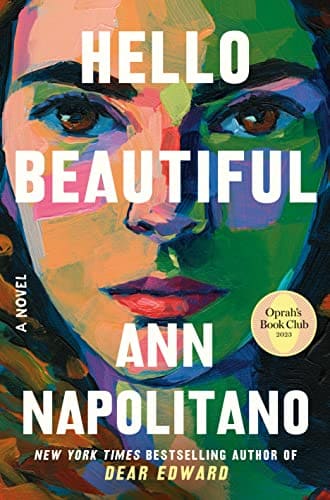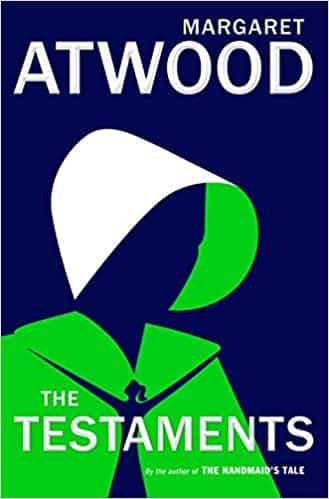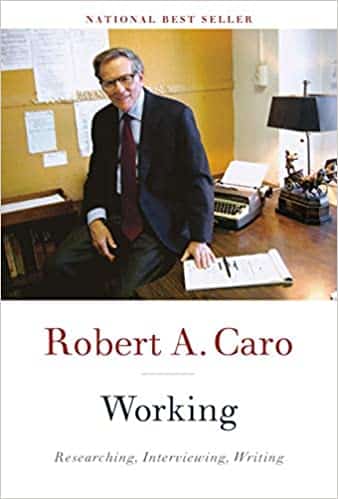What About the Kids?
Estimated reading time: 12 minutes, 21 seconds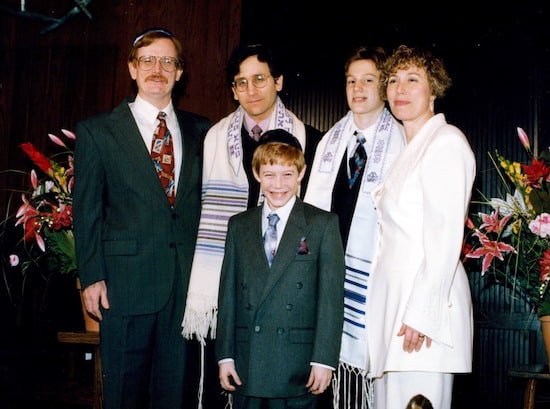
Our Journey of Love
Faith and Family
“How will you raise your children,” the Rabbi said as he leaned across his desk. I knew I wanted to have kids, and I had always assumed Jan wanted a family. Of course, the question was not if we would but about what faith we would raise them. It was a litmus test we kept failing.
As Jan framed her response, my answer was on the tip of my tongue. But again, I deferred to Jan to see if she would answer the question differently this time.
“We do not have children now, and if and when we do, we will decide together,” she said emphatically.
It was the same answer she had given in all of the other meetings we had had to find a Rabbi who would marry us. Without a Rabbi, would we ever be able to have a wedding?
The conversation continued, but it was over once Jan answered his question.
I shook the Rabbi’s hand and thanked him as we exited his office.
Standing outside, waiting for her father to pick us up, I asked, “Did you like the Rabbi?”
Jan answered affirmatively, but we knew he would not marry us.
One More Time
“We both liked him,” Jan spoke into the phone while I prepared salads for dinner. “It is unfortunate he would not agree to marry us. I’ll speak to Richard later tonight to see when we can come out for more visits.”
As she spoke, I stopped cutting up the tomatoes out of caution and a need to follow the tone of Jan’s phone call.
“They want us to come out next Sunday to meet another Rabbi,” Jan announced after ending the call with her mother.
“You could have asked me while you were on the phone.”
“I felt odd about saying you were next to me.”
I wanted to ask why, but I knew she wanted them to believe we were only dating but not cohabitating, despite having separate apartments.
As I set the table, I answered affirmatively. “I am always available for a Sunday trip to Jersey.”
I stopped and pulled her into my arms as we cleaned the table.
Our lips tasted like Parmesan Cheese, but the kiss was as sweet as we had ever had.
“Why can’t we just say we will raise Jewish children?”
Jan pulled away and moved her plates to the sink.
She turned and looked me in the eyes. “I do not want you to have to change so we can get married. The decision on how to raise children should be ours alone.”
“I know, but this was the fourth Rabbi to say no. If we can’t find someone to marry us, we will never have kids….”
“We could….”
“I know, but I want to be your husband first.”
After almost 48 years, I recently lost my wife, Jan Lilien. Like The Little Prince, Jan and I believed that “The most beautiful things in the world cannot be seen or touched, they are felt with the heart.” This blog is a collection of my random thoughts on love, grief, life, and all things considered.


